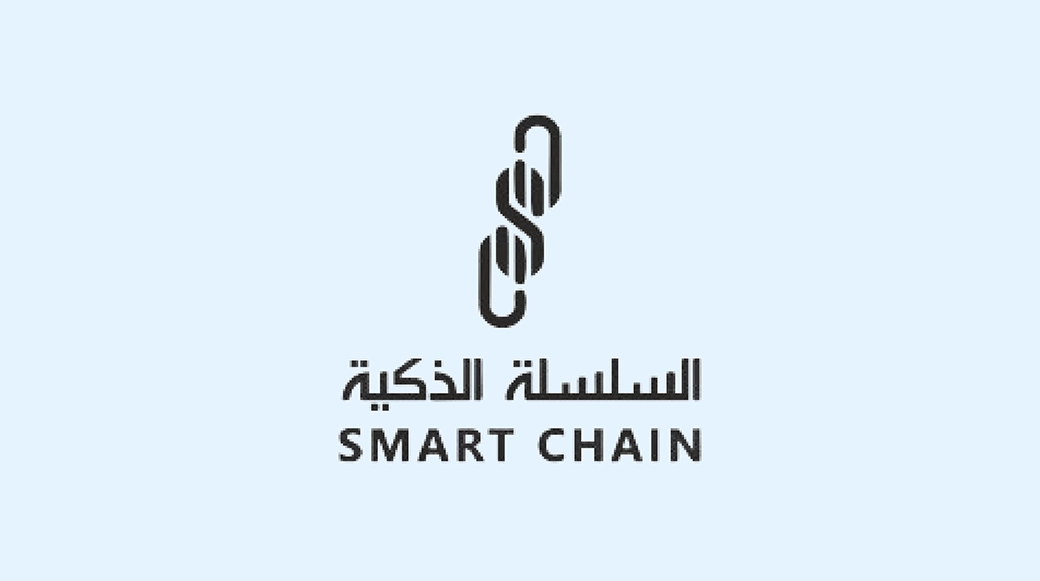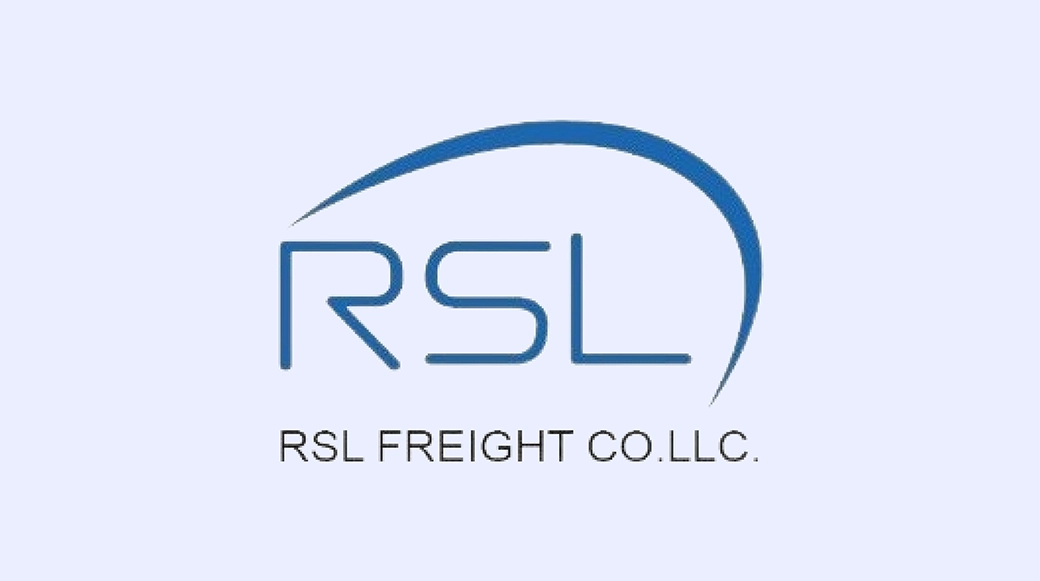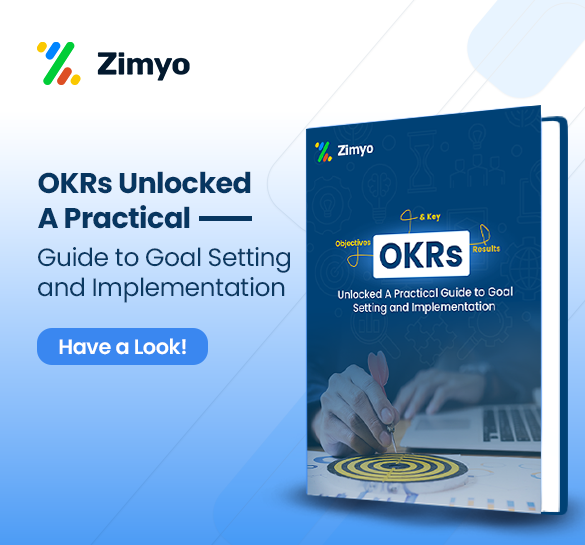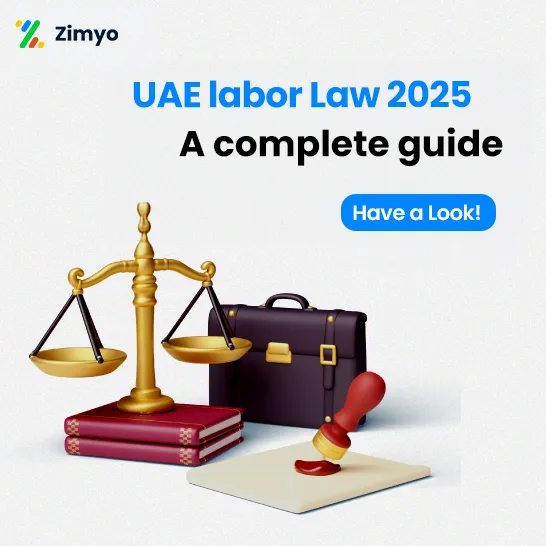The country has implemented UAE Labour law on 2 February 2022, governing the employees working in the private sector.
As a result, significant changes occurred in the new laws and every organization had to amend these new laws. The significant changes that occurred were a result of challenges and needs that labour felt in the UAE over recent years. Additionally, the new law reflects government mindset to implement a regulatory framework aligned with global standards.
What includes in new UAE Labour Law
To begin with, the new law will apply to all employees and employers working in the private sector of the UAE. However, it will exclude those employees who are working in federal and government organizations. Furthermore, members of the armed forces, police and civil services and domestic employees of UAE Additionally, decrees carve out expectations to the Provision of Law.

Significant changes occurred in UAE Labour Law
Following are the significant changes in Law:
1.Change in work model
2. Introduction of New Visa Categories
3. Employment Contracts
4. Scope of employee’s work
5. Covenant not to disclose
6. Non Discrimination Clause
7. Leave
8.Workplace Regulations
9. Financial exposure & disciplinary penalties
10. Introduction of unemployment insurance scheme.
1. Change in Work Model
Various working models were introduced under the UAE labour law in addition to full-time employment:
Part-time work: Under this model, employees can work with one or more employers for a specific number of hours. This model provides flexible workplace to employees to work with more than one employer and manage their other tasks along with it.
2. Introduction of new visa categories
Moreover, significant changes occurred in the existing immigration landscape. Specifically, they launched the 12 types of work permits to reflect various employment arrangements, which includes:
3. Employment Contracts
In compliance with the new UAE labour law, those contracts that state unlimited-term employment are not valid anymore. Limited-term contracts cannot exceed 3 years. As a result, private employers have to convert their contracts of unlimited duration into limited contracts within one year of law issuance.
4. Scope of employee's work
The new UAE labor law indicates that employers cannot assign tasks different from those mentioned in the employment contract until the following conditions are met:
- Employee’s written consent stating their revised scope of work
- Employers should update the employment contract with any additional responsibility or work assigned within 90 days.
- According to this, the employer can neglect to do the task or work assigned which is different from the employment contract.
5. Covenant not to disclose
The new law states the conditions and period under which covenant not to compete clauses can be legally enforceable. Moreover, employers can invoke the non-competent close at the time of leaving the organization under the following circumstances.
6. Non-discrimination clause
One of the major changes in the new UAE labour law is the prohibition of discrimination based on gender, caste, sex or color in the workplace.
7. Leave

In compliance with the new law following leaves are included in the new employment contract:
8. Workplace regulation
As per the new UAE labour law, organizations, where more than 50 employees are working, must adhere to internal policies and procedures such as working hours, rewards, health and safety etc.
9. Financial exposure & disciplinary penalties
Under the new law a proper system is maintained to address the grievances and complaints of employees in the organization.
- Written notice to that employee
- Warning letter
- Payout deduction from monthly salary
- Temporary suspension from work
- Denial of promotion or appraisal
- Dismissal from service
10. Introduction of unemployment insurance scheme
The UAE has come up with a new unemployment insurance scheme for employees of the public and private sectors. The new law will cover 60% of an employee’s basic salary.
Wrapping up
In order to be compliant with changes in UAE Labour Law one can make use of Zimyo Payroll Software. Payroll compliance or statutory compliance plays an important role in any organization and every organization has to abide by these laws.
Zimyo payroll is an end-to-end HR service provide which also has Payroll Software among its 40+ modules. This software runs a swift and error-free payroll in minutes. Zimyo takes care of your compliance requirements like PF, ESIC, Professional tax, TDS, EDLI, etc. Moreover, you can create reimbursement approval workflow to let employees claim expenses reimbursement accurately.
The recent changes in UAE Labour Law was the result of issues faced by employees in UAE. So they made various amendments in the existing Labour Law of 1980. The major changes include change in work models and various workplace regulations.
In order to be compliant with changes in UAE Labour Law one can make use of Zimyo Payroll Software. Payroll compliance or statutory compliance plays an important role in any organization and every organization has to abide by these laws.
Furthermore, the software is an end-to-end HR service provide which also has Payroll Software among its 40+ modules. Moreover, they take care of your compliance requirements like PF, ESIC, Professional tax, TDS, EDLI, etc. Also, you can create reimbursement approval workflow to let employees claim expenses reimbursement accurately.
The recent changes in UAE Labour Law was the result of issues faced by employees in UAE. So they made various amendments in the existing Labour Law of 1980. The major changes include change in work models and various workplace regulations.
Frequently Asked Questions (FAQs)
1.Change in work model
2. Introduction of New Visa Categories
3. Employment Contracts
4. Scope of employee’s work
5. Covenant not to disclose
6. Non Discrimination Clause
7. Leave
8.Workplace Regulations
9. Financial exposure & disciplinary penalties
10. Introduction of unemployment insurance scheme
The new UAE laws revolves around gratuity, employment contracts and more.
The UAE has come up with a new unemployment insurance scheme for employees of the public and private sectors. The new law will cover 60% of an employee’s basic salary.
The labour law in UAE talks about the rules, regulations and schemes for the employees in UAE. It is designed to safeguard the rights of both employers and employees, addressing key areas such as working hours, overtime, leave entitlements, termination procedures, and other employment-related matters.
What People Think About Zimyo















